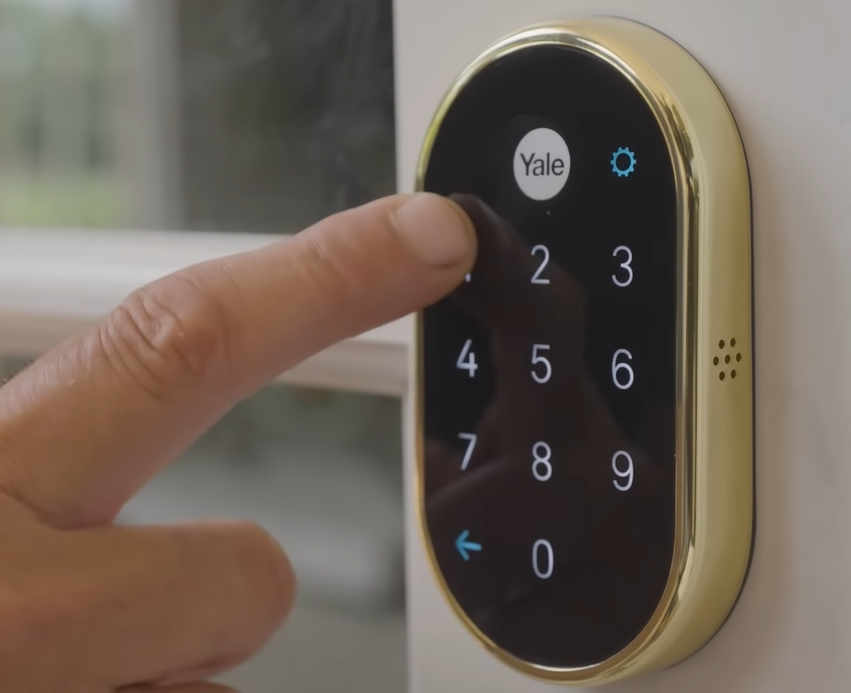
Smart locks are a type of electronic lock that uses wireless technology to control access to a space or object. They have gained popularity in recent years due to their convenience and added security features. In this article, we will explore what smart locks are, how to use them, their benefits, and the cost involved.
What are Smart Locks?
Smart locks are locks that can be controlled through a smartphone app or other wireless device. They can be installed on doors, cabinets, safes, and other objects to provide a high level of security. Smart locks often use advanced encryption and authentication protocols to prevent unauthorized access.
How to Use Smart Locks
The exact method of using a smart lock will depend on the type of lock you have installed. However, in general, smart locks can be controlled in a few ways:
- Smartphone App: Many smart locks have a smartphone app that allows the user to control access. The app may require a PIN or other authentication method to ensure that only authorized users can control the lock.
- Remote Control: Some smart locks can be controlled remotely, either through a smartphone app or a remote control device. This allows the user to control access from a distance.
- Voice Control: Some smart locks can be controlled through voice commands using a smart speaker such as Amazon Alexa or Google Assistant.
Benefits of Smart Locks
Smart locks offer several benefits over traditional locks, including:
- Convenience: Smart locks are often easier to use than traditional locks. They eliminate the need for keys, which can be lost or forgotten, and allow the user to control access with a smartphone app or other wireless device.
- Increased Security: Smart locks offer a higher level of security than traditional locks. They often use advanced encryption and authentication protocols to prevent unauthorized access. Some smart locks can also provide real-time alerts if someone attempts to tamper with the lock or gain unauthorized access.
- Audit Trail: Many smart locks offer an audit trail feature, which records who accessed the lock and when. This can be useful for tracking access and identifying any security breaches.
- Remote Access: Smart locks can be controlled remotely, allowing the user to grant access to a space from a distance. This can be particularly useful for homeowners or business owners who need to provide access to a space when they are not physically present.
- Customization: Smart locks can often be customized to fit the specific needs of a space or object. For example, a smart lock can be programmed to only allow access during certain times of the day or for certain users.
Cost of Smart Locks
The cost of smart locks can vary depending on the type of lock and the level of security needed. Basic models start at around $100, while more advanced models can cost upwards of $500. Smart locks with additional features such as voice control or real-time alerts may also be more expensive.
It is important to note that while smart locks may have a higher upfront cost than traditional locks, they can also provide long-term cost savings. Smart locks can reduce the need for keys, which can be expensive to replace if lost or stolen. They can also provide insurance discounts, as they offer a higher level of security than traditional locks.
Conclusion
Smart locks offer a high level of security and convenience, making them an increasingly popular choice for homes and businesses. They can be controlled through a smartphone app, remote control, or voice commands, and offer several benefits over traditional locks, including increased security, an audit trail feature, and remote access. While the cost of smart locks can be higher than traditional locks, they can provide long-term cost savings and insurance discounts.